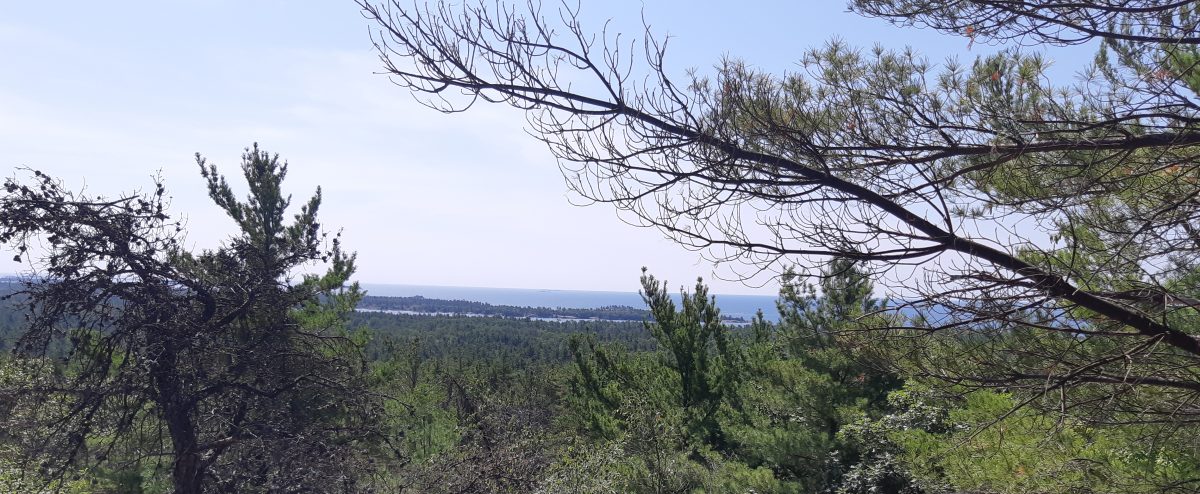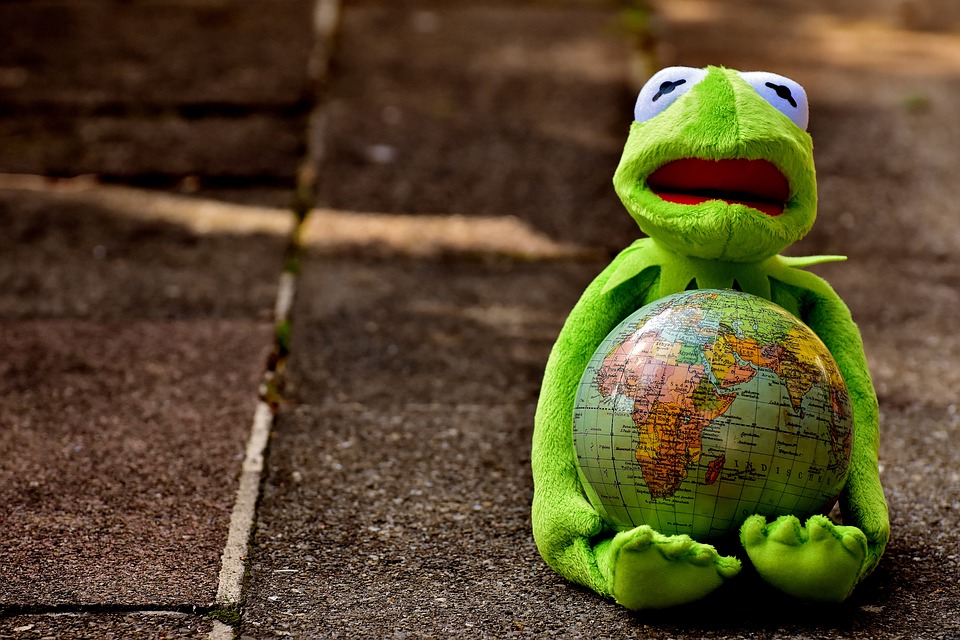When I used to teach the causes of World War One, I would say that for anything this huge to happen, causation is going be massive and complicated. (See Margaret MacMillan’s book The War that Ended Peace: 784 pages, or 32 hours of audio!) The question of climate inaction is so massive and complicated that I’ll just be looking at the some of the most massive factors, focusing on the individual for now. More to come in later posts.
Why is it so hard?
For people living in poverty, there is of course a whole series of obstacles to living green. In that situation, you have to focus on survival, and feeding your kids, with no time or energy for much else. For the others, there are lots of obstacles too.
The complexity of the situation is a barrier to action in itself. It takes a lot of time and energy to understand even the basics of the environmental problems we’re facing, and no one has time to spare these days. The media are more interested in getting our attention and our money, than in giving us balanced, responsible information. Corporate interests spend a ton of money to confuse and mislead us. (Here is a quirky animated history of oil companies doing this, seen below.)

Choosing the greenest course of action can also be extremely complex and difficult for each of us. Even if people have a good understanding of environmental issues based on solid information, they may still disagree as to what best to do since their priorities, life experiences and personal situation are all so different. But whatever the result, we do need to prioritize changing to a more sustainable lifestyle. If not us, who? If not now, when?
The pleasures of an unsustainable lifestyle
Bottom line, most of us in OECD countries have a pretty amazing lifestyle. Basically, lots of everything. No one actually wants to give this up. And our brains make it very difficult to change, thanks to cognitive biases. Outdated circuitry in our brains influences our behaviour profoundly, without us realizing it. Confirmation bias helps us ignore evidence which is contrary to our current beliefs, and grasp at anything which seems to justify our position. Loss aversion makes any loss much more painful than any similar gain. The bystander effect allows us to think that someone else will solve the problem. We have problems paying attention to distant problems, especially when the worst effects are in the future. This BBC article analyzes a bunch more ‘brain biases’. Definitely worth reading.
How we can make the change – Just show up!
Just because it’s hard doesn’t mean we can’t do it. People have succeeded against the odds in the past, and so can we. The animated Story of Change shows it can be done, looking at how peaceful change has worked in the past. Voting with our shopping dollars and living in a way consistent with our values are important things, but we need to be active and demand that governments and corporations be pro-climate too.

Time to get out on the streets and demand change
I have been on some demonstrations in the past few months, (see my pictures below). They were peaceful, showed me that other people were also concerned about things, and made me feel I was doing something concrete and visible. We need to get over the idea that regular people don’t demonstrate. They do! And the media ignore it, so people don’t feel it matters. The answer is – more people taking part.

July 17th 
May 1st 
May 15th
Note the sign I’m holding, above. Here’s the full quote:
The biggest weapon people have is to try to make you think that you don’t matter. It is to say, “This doesn’t change anything.” Because if you can convince people that it doesn’t matter, then they won’t do it and people can go on as though it’s business as usual.
Alexandra Ocasio-Cortes
In spite of all these things holding us back, we really don’t have time for excuses. We all need to do whatever we can, and more. Here’s Greta:
I don’t want your hope, I don’t want you to be hopeful. I want you to panic…. And then I want you to act, I want you to act as you would in a crisis. I want you to act as if the house was on fire, because it is.
Greta Thunberg
The big thing we can all do right now is get out and be counted in Greta’s Global Climate Strike. Here is the link for the Toronto event, which is Friday, September 27th, 11:00 to 2:00 at Queen’s Park. We need to get a crowd bigger than the Raptor’s parade to show our leaders that we demand climate action! For people anywhere else in the world, check here for an event near you.

So let’s all plan on being there. You are needed! I will find a good place for a bunch of us to meet up, and put it out on the blog. Let’s get out there together and make some noise… Let governments and corporations know what you think. If crowds can force China to back down, then surely we can make our democratic government act on our wishes!
Where are we going with all this change?
The goal is a sustainable lifestyle where we’re not burning up the planet, and where climate change can be mitigated, facilitated by laws and policies.If you’re not familiar with it, check out The Green New Deal, a plan for climate justice in Canada.










